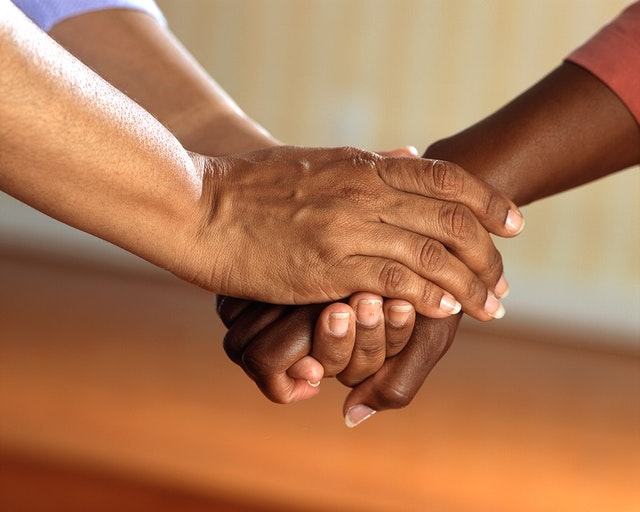
When a friend or even a loved one has cancer, you may wonder if , and how you can help and support them. If this is the case, then there are a few things that you can do to show them that you are there for them without being overbearing or unsupportive.
Things you Can Say
At first, you may feel as though you are unsure about what you should be saying, or what you should be doing. It’s important that you are open and that you are sensitive as well. Every single person will have a different experience, so it’s helpful to avoid assuming how they are feeling. They may feel well one day but not the next. At times, they may be willing to talk about it, but at other times, they might not want to talk about it at all. If you want to help them then share a joke, have a normal conversation or share some ice cream together. Little things like this can remind the other person that they are in fact normal, and that you are there to support them. If they need help with their diagnosis then remember there’s always the Oklahoma Proton Center.
The Emotions they’re Feeling
Sometimes you may feel as though their mood changes from one minute to the next. You should never take this personally. This is a very normal response when you have a cancer diagnosis. There are a huge range of emotions that they may be going through, including anger, sadness, fear or even guilt. They may also be experiencing strong emotions such as loneliness, resentment or grief. Sometimes they may not be able to tell you how they are feeling at all, but if you take this into account then you may be able to have a good understanding of how to support them through this difficult time.
Offering Emotional Support
Research has shown time and time again that emotional support can make a huge difference to someone’s quality of life when they have cancer. Sometimes people are afraid of saying the wrong thing to someone who has cancer, but if you are able to be open or if you are honest then you can be a fantastic source of support. If you want to help, then say if you feel awkward. This helps you to acknowledge the situation instead of pretending that everything is okay. It’s also helpful to give them a friendly hug, or ring them up to say that you are thinking about them. Let them know that you are there if they need you, and offer support throughout the whole diagnosis, which includes the beginning, during and after process.
Things like this can go a long way when you are trying to support someone who has cancer and it will also help you to give them the support they need not just for the diagnosis part, but also the treatment that comes after. So many people think that when someone is in remission, they no longer need support. This is not the case at all, in fact, during this time they may need your support more than ever.
Related Posts
- Top Tips for Protecting Your Hearing
Image source No matter what age you are, there are ways you can protect your…
- Decorating Tips for a Dazzling Holiday!
As you gear up for Entertaining, this Holiday season, take some great tips and advice…
- Top Tips To Enhance Your Health And Wellbeing In 2021
Boosting health and wellbeing is a target for many people at the start of a…


















